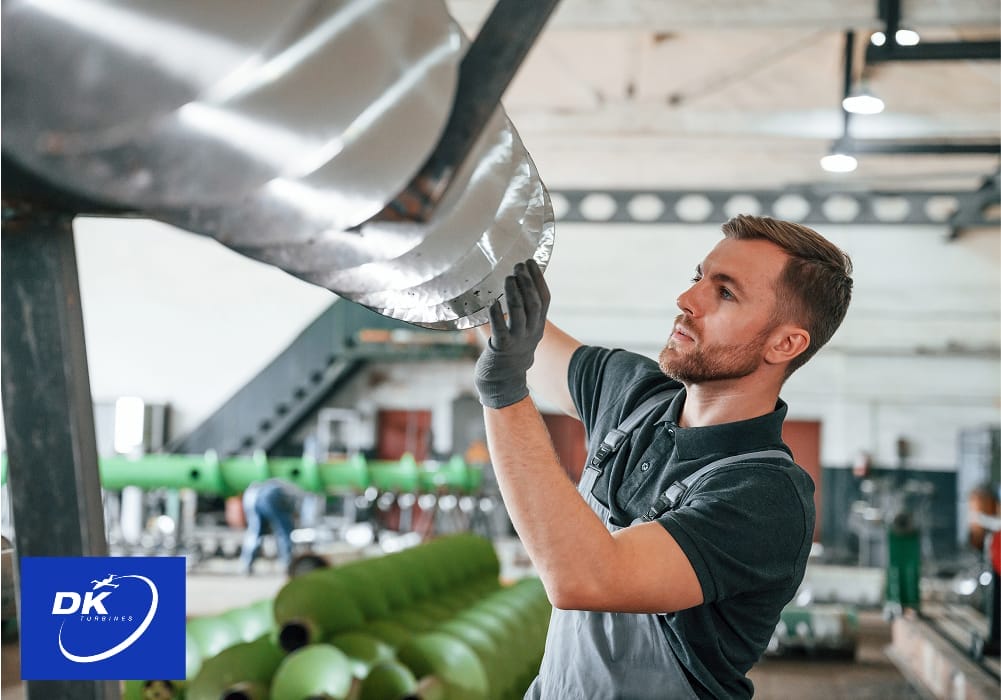In aviation maintenance, there’s no such thing as “good enough.” Every component, from the smallest fastener to the most complex avionics system, plays a crucial role in keeping aircraft safe and operational. When it comes to sourcing these critical parts, maintenance professionals face a choice: work with a specialized aviation parts supplier or opt for a general industrial supplier that carries some aviation inventory.
While the general supplier might seem like a convenient one-stop shop option, there are compelling reasons why aircraft maintenance professionals consistently choose specialized aviation parts suppliers. Let’s explore why this choice matters more than you might think.

The Critical Nature of Aviation Parts
Unlike parts in many other industries, aviation components operate in an environment where failure isn’t just inconvenient—it can be catastrophic. The aviation industry recognizes this reality through rigorous regulatory frameworks like those established by the FAA, EASA, and other aviation authorities worldwide.
These regulations don’t just exist on paper. They translate into real-world requirements for parts traceability, certification (FAA Form 8130-3, EASA Form 1, or PMA approvals), and quality assurance that go far beyond what’s typical in general industrial supply. When you install a part on an aircraft, you need absolute confidence in its integrity, history, and compliance—something that specialized aviation suppliers understand at their core.
The Top 5 Advantages of Specialized Aviation Suppliers
Working with a supplier who lives and breathes aviation brings tangible benefits that directly impact your maintenance operation’s efficiency, compliance, and bottom line:
- Deep Technical Expertise: Aviation parts specialists speak your language. They understand the difference between an MS21042 and NAS1291 nut, know why material specifications matter for high-temperature applications, and can advise on alternate part options when needed. This expertise saves you countless hours of research and verification.
- Comprehensive Documentation & Traceability: Specialized suppliers maintain complete documentation packages including certificates of conformance, material certifications, and batch traceability. They understand the critical nature of maintaining unbroken chains of custody and can provide the paperwork you need for regulatory compliance without you having to explain why it matters.
- Aviation-Specific Inventory: While a general supplier might carry some aviation parts alongside thousands of unrelated items, specialized suppliers focus their inventory management on the parts you actually need. This focus translates to better stock availability, more comprehensive offerings within the aviation category, and inventory management that anticipates seasonal and maintenance cycle demands.
- AOG Priority Understanding: When an aircraft is grounded, every minute costs money. Specialized aviation suppliers understand the urgency of AOG situations and have processes designed specifically to address these high-priority needs—from expedited handling to 24/7 emergency support and specialized shipping options.
- Regulatory Compliance Knowledge: Aviation regulations evolve constantly. Specialized suppliers invest in staying current with these changes and understanding their implications for parts supply, often before their customers must implement new requirements. This proactive approach helps you stay ahead of compliance challenges rather than reacting to them.

The Hidden Risks of General Industrial Suppliers
General industrial suppliers serve an important role in many industries, but aviation presents unique challenges that these suppliers aren’t always equipped to address:
When a general supplier sources aviation parts, they often do so through multiple distribution layers, potentially compromising traceability and increasing the risk of unapproved parts entering the supply chain. Their staff, while knowledgeable about industrial supplies broadly, typically lack the specialized training to spot red flags specific to aviation parts.
Documentation is another critical area where general suppliers often fall short. The typical industrial part might ship with minimal paperwork, but aviation components require specific certification documentation that general suppliers may not consistently provide or properly maintain.
Perhaps most concerning is the potential for substitution. A general supplier might suggest “equivalent” parts based on dimensional or material similarities without understanding the critical certification and testing requirements that make aviation parts unique. These well-intentioned substitutions can create serious compliance issues and potentially compromise safety.
Cost Analysis: Looking Beyond the Price Tag
At first glance, a general supplier might appear to offer cost advantages through lower listed prices or bundled purchasing opportunities. However, aviation maintenance professionals know that the true cost of a part extends far beyond its purchase price.
Consider the hidden costs that specialized aviation suppliers help you avoid:
A rejected part due to inadequate documentation can ground an aircraft and require rush reordering at premium prices. The time your technical staff spends researching compatibility, chasing missing documentation, or validating part authenticity represents a significant labor cost. And regulatory penalties for non-compliance can dwarf any apparent savings from choosing a lower-priced, inadequately documented part.
More importantly, specialized suppliers often deliver surprising cost efficiencies through their focused expertise.
They can quickly identify alternate approved parts when primary options are unavailable, potentially preventing costly AOG situations. Their familiarity with interchange and supersedure data helps you navigate obsolescence issues more efficiently. And their understanding of kit components and assembly requirements can prevent ordering errors that lead to project delays.

The Value Proposition: What Sets Aviation Specialists Apart
What truly separates specialized aviation suppliers from general industrial providers comes down to several fundamental factors that directly impact your maintenance operation:
Industry-Specific Knowledge
Aviation maintenance has its own language, requirements, and challenges that don’t translate well to general industry. Specialized suppliers employ teams who understand aviation maintenance from personal experience—many having backgrounds as A&P mechanics, aviation parts professionals, or aerospace engineers. This means less time explaining your needs and more time getting solutions.
Purpose-Built Systems and Processes
From inventory management optimized for aviation parts to quality systems designed specifically for aerospace compliance, specialized suppliers build their entire operation around the unique demands of aviation. Their warehousing, handling, and shipping procedures maintain the integrity of sensitive components in ways that general warehouses simply aren’t designed to do.
Relationship with Regulatory Authorities
Established aviation suppliers maintain ongoing relationships with regulatory authorities, staying ahead of compliance requirements and often participating in industry working groups that shape future regulations. This involvement gives them insight into upcoming changes that can help you plan more effectively for evolving requirements.
Investment in Aviation-Specific Resources
From specialized tooling for parts inspection to advanced inventory systems that track detailed batch and lot information, aviation suppliers make investments focused entirely on improving their aviation service capabilities—rather than spreading resources across multiple industries with competing priorities.
Deeper Supply Chain Connections
Years of focused work in aviation create supplier networks and manufacturer relationships that prove invaluable when sourcing hard-to-find components or navigating production delays. These connections often make the difference between keeping aircraft flying and costly downtime.
Partnership, Not Just Procurement
What truly sets specialized aviation parts suppliers apart isn’t just their inventory or their documentation systems—it’s their approach to customer relationships. They don’t just sell parts; they provide solutions to complex maintenance and operational challenges.
The best specialized suppliers become extensions of your maintenance operation, bringing valuable insights, industry connections, and problem-solving capabilities that transcend the traditional buyer-seller relationship. They understand that their success is measured not by a single transaction but by your ongoing operational efficiency, compliance, and safety record.
In an industry where the stakes are as high as aviation, this partnership approach delivers value that simply can’t be matched by general industrial suppliers whose aviation business represents just a fraction of their focus.
Taking the Next Step
As pressures mount to optimize maintenance costs while maintaining impeccable safety standards, your choice of parts supplier becomes increasingly strategic. Specialized aviation parts suppliers offer not just components but comprehensive support for your maintenance operation’s most critical objectives.
The next time you need to source aviation parts, consider what you’re really looking for—is it just a part, or is it the confidence, compliance, and support that come from working with a true aviation specialist? For maintenance professionals who understand the true cost of cutting corners, the choice is clear.
Your aircraft deserves nothing less than suppliers who understand aviation as well as you do.
